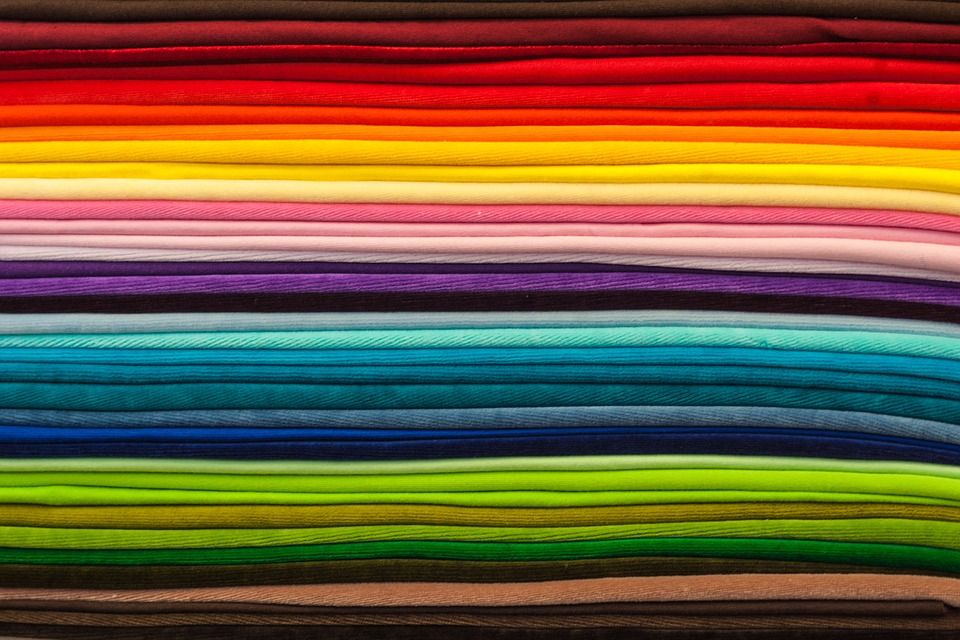The U.S. International Trade Commission (USITC) concluded that a proposal to modify textile rules of origin under KORUS would not significantly impact U.S. imports.
In a letter dated July 5, 2022, the White House Trade Representation (USTR) requested the USITC’s advice on the likely economic effect of a proposed modification to the U.S.-Korea Free Trade Agreement (KORUS) rules of origin on U.S. trade.
The proposed amendment would liberalize the current rules of origin for textured and non-textured triacetate filament yarn fabrics, allowing the use of non-originating inputs, making the fabrics eligible for duty-free treatment under KORUS.
Fabrics are currently classified under Harmonized System (HS) subheadings 5408.21 to 5408.34, while textured and non-textured triacetate filament yarns are classified under HS subheading 5403.33.
KORUS
Although the United States sourced textiles from more than 150 countries in 2021, the top 10 suppliers accounted for 65% of those imports.
Of these, the three largest sources of U.S. textile imports in 2021 were China, India, and Turkey, which accounted for $7.3 billion (43.0%) of the $17 billion in total U.S. textile imports.
Nearly three-quarters (71.8%) of imports from South Korea already entered the U.S. market duty-free under KORUS and, therefore, would not be affected by the proposed rule of origin modification, according to the USITC.
Suppliers
Of the remaining dutiable imports, less than one-half of 1% comprise fabric types that include textured and non-textured triacetate filament yarn fabrics and therefore could be affected by the planned change in rules of origin. With respect to U.S. exports, South Korea is a small market for U.S. textiles, ranking 12th and accounting for 1.8% ($296 million) of U.S. sector exports.
The USITC found that the proposed modification to the KORUS rules of origin for textured and non-textured triacetate filament yarn fabrics is likely to have little or no impact on trade under KORUS, on total U.S. trade, or on U.S. producers of the articles affected by the proposed modification.
This is largely due to the low levels of trade between the United States and South Korea and total trade in the subject fabrics, the lack of U.S. producers of the yarn or known producers of the fabric, the limited number of South Korean producers of the fabric, only one known producer of the yarn (located in Japan), and the lack of anticipated future increased demand for the subject fabrics.

